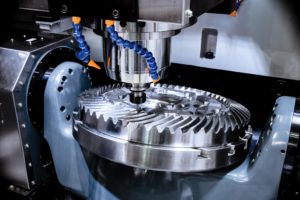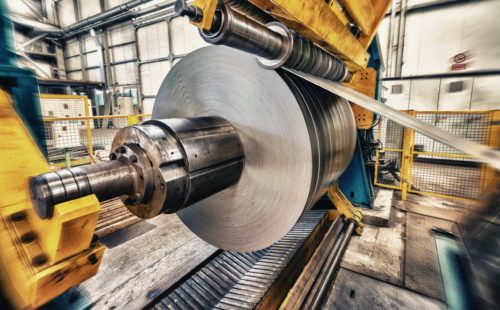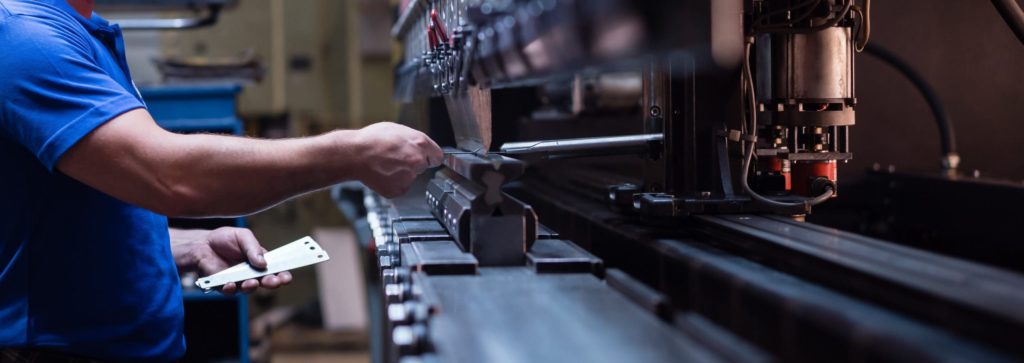Compression and Injection Molding Services


![TYPE [TAB 1]](https://delawarevalleynonwovens.com/wp-content/uploads/img-type4roboticsystem-500x420.jpg)
Delaware Valley Corp. is a top-tier manufacturer of needle-punch, nonwoven textiles, utilized across diverse industries where the end user wishes to combine fabrics with other materials. With our years of experience in customers desiring to combine fabrics with other materials, we have become well versed in methods that are used to do so and have helped many customers with their combining processes including, compression molding, injection molding, vibration welding and sonic welding. Having solved issues for many of their selected projects, we’re at the forefront of nonwoven fabric manufacturing for these end uses, and our expertise combined with state-of-the-art technology can enhance your bottom line with nonwoven fabrics specifically suited to your manufacturing conditions.
Compression Molding: The Pinnacle of Design and Efficiency
Delaware Valley Corp. takes pride in its history of consulting on compression molding projects and helping our customers bring them to fruition. The process employs a precise amount of heat and compressive force, pressing the material into a compression mold design and requires just the right fabric to be successful. When the material fits snugly into the mold, which consists of a clamped upper and lower section, it takes the mold’s specific form and produces an excellent finished product.
Notably, compression molding stands out as the go-to choice for synthetic materials, particularly thermosets. Among the various molding techniques, it emerges as the most cost-effective, offering our clients undeniable value.
Benefits of Compression Molding:
- Optimal for low to high volume production, ensuring cost-effectiveness.
- A simplified process leading to reduced production expenses.
- Capability to produce thicker, larger parts.
Thermal Injection Molding
Delaware Valley Corp. also has experience in low pressure thermal injection molding – a complex yet efficient manufacturing technique. This process involves the use of thermal energy to melt specific synthetic materials which are then injected into a metal mold under low pressure. As the material cools, it solidifies, making it one-piece with our needle punched fabric and ready for subsequent manufacturing stages.
Thermal molding, especially with thermoplastics like polyester and nylon, is superior due to the elevated temperatures the fabrics can withstand.These materials are popular choices in textile manufacturing.
Benefits of Thermal Injection Molding:
- Remarkable efficiency, outpacing many alternative molding techniques.
- Enhanced durability and strength of the final product.
- Vast flexibility in choosing materials and colors.
Sonic and Vibration Welding are Combining Techniques that are perfectly suited for our nonwoven fabrics.
These methods of combining textile fabric to other materials requires that both the fabric and the material it is being attached to (the substrate) are of thermoplastic polymers and that there is no hindering layer (such as latex backing on the fabric) to interfere with the mating of the two surfaces. Once the compatible materials are placed together in the jig, pins or acoustic heads are brought in contact with enough pressure to push the two materials together under low pressure and the pins or acoustic heads are caused to vibrate at high frequency to create heat through friction in the two materials, thus causing them to flow together at specific points and bond at those points. When the correct needle-punched nonwoven is used with the correct substrate, this can be the most efficient method of combining textile materials.
Our textured and Thermal-bonded nonwoven fabrics with needle punched pile surfaces are excellent for this method of combining rigid and semi-rigid backing materials with visually appealing fabrics and can be used in home furnishings, transportation vehicles, retail store display cases, storage safes, vaults, cabinetry, office partitions, as well as numerous other end uses.
Benefits of Sonic and Vibration Welding
- Extremely rapid and efficient with proper components
- Allows finished textured fabric surfaces to be directly and economically attached to rigid or semi-rigid substrates without attachment points visible
- Entire assembly is thermoplastic and recyclable
Industries We Serve and Their Applications
Our commitment to textile manufacturing, focusing primarily on needle-punched nonwoven textiles, has fostered collaborations with a myriad of sectors. Given the versatility of our textiles, they are integral to several demanding industries.
Key Industries and Applications:
- Automotive: Rely on our textiles for upholstery and headliners.
- Household: Rugs, floorcoverings, wall coverings, storage units
- Medical: Items like braces, splints, casts, wrist and ankle protectors utilize our textiles.
- Construction: Wall coverings, paint rollers, and roofing systems highlight our textiles’ adaptability.
- Furnishings: Our textiles redefine carpets, entry mats, and flooring in both homes and offices.
Delaware Valley Corp. is ready to cater to your specific project needs. With our extensive knowledge of compression molding, injection molding, and sonic and vibration welding processes, we’re set to propel your projects to new heights, always surpassing your anticipations.
Engage with Us for Tailored Solutions
Intrigued by what we offer? Reach out to us today to delve deeper into our knowledge on how to help you with your fabrics and needs for compression molding, injection molding and sonic and vibration welding processes. For those seeking a quote, we’re eager to offer an estimate aligned with your budget.

